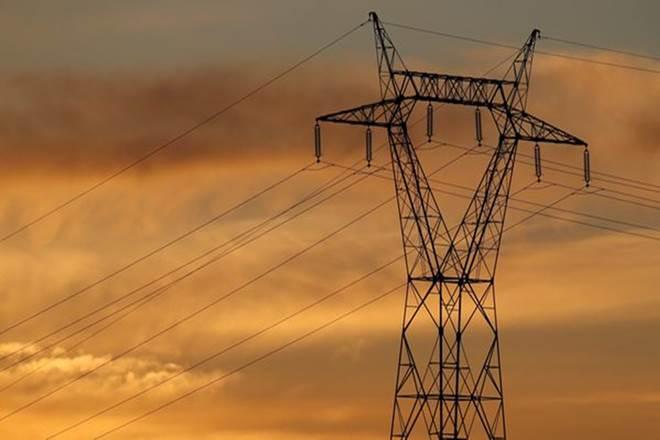Union Budget: No Reforms Announced for Distressed Electricity Sector

Image Courtesy: The Financial Express
In her 160-minute Budget speech, Union Finance Minister Nirmala Sitharaman could only acknowledge the financial stress in the electricity distribution sector, but failed to mention what reforms will come into place to tackle the crisis.
However, a look at the government allocations in the Union Budget and the previous fiscal spending towards central schemes concerning renewable energy and power sector indicates a disappointing trend.
“Taking electricity to every household has been a major achievement. However, the distribution sector, particularly the DISCOMS are under financial stress,” said the finance minister in her budget speech. She added that further measures to reform discoms (distribution companies) will be taken.
In 2015, the central government introduced UDAY (Ujwal Discom Assurance Yojana) scheme for improving the performance of discoms, but fours years later, the financial burden of the distribution companies has only increased. According to reports, state discoms owe over Rs 83,500 crore as dues to thermal power plants.
On the other hand, the government has underspent allocations to the Ministry of New and Renewable Energy. For instance, the Budget allocated to the ministry for 2019-20 was Rs 5,254 crore. The government spent 26% less as the revised estimates stood at Rs 3,891 crore. For 2020-21, the government has allotted Rs 5,753 crore.
It is also revealed that the ministry failed to spend Rs 1,388 crore during 2019-20, which was proposed for central power sector schemes including green energy corridors and solar power, among others.
For the power ministry, the budget estimates for 2020-21 is Rs 21,881 crore, similar to the revised estimates of 2019-20, which amounted to Rs 21,861 crore. However, 50% funds or over Rs 500 crore allocated for Power System Development Fund scheme under the ministry for 2019-20 were left unspent, which would otherwise have pumped the discoms.
In May 2015, the government set a target of achieving generation capacity of 175 gigawatts (GW) by 2022 in the renewable sector. As of August 2019, the installed renewable energy capacity was 81 GW. While experts argue that the financial stability of the dicoms is vital for the growth in the renewable sector, the government is yet to formulate reforms for the discoms while the existing schemes remained poorly implemented.
The finance minister has advised states to promote “smart” metering to tackle electricity distribution. “I urge all the States and Union Territories to replace conventional energy meters by prepaid smart meters in the next 3 years. Also, this would give consumers the freedom to choose the supplier and rate as per their requirements,” she said.
The budget, however, gave new power generation companies a gift—one wonders for what reason—by reducing corporate tax to 15% from 30%.
Get the latest reports & analysis with people's perspective on Protests, movements & deep analytical videos, discussions of the current affairs in your Telegram app. Subscribe to NewsClick's Telegram channel & get Real-Time updates on stories, as they get published on our website.
























